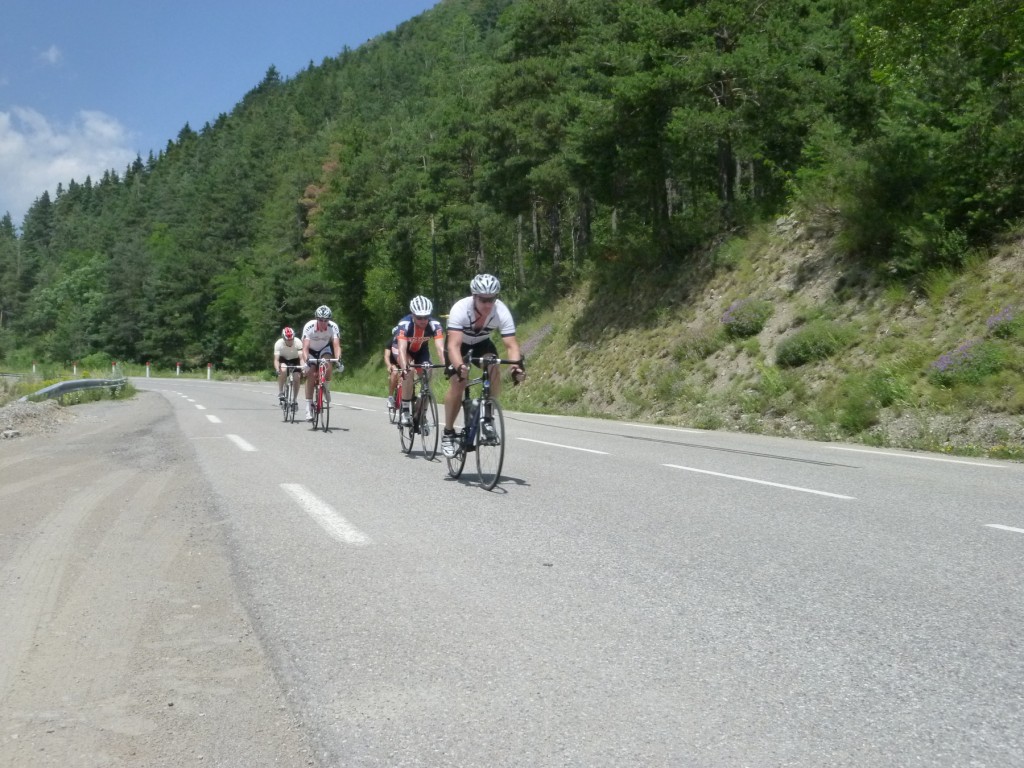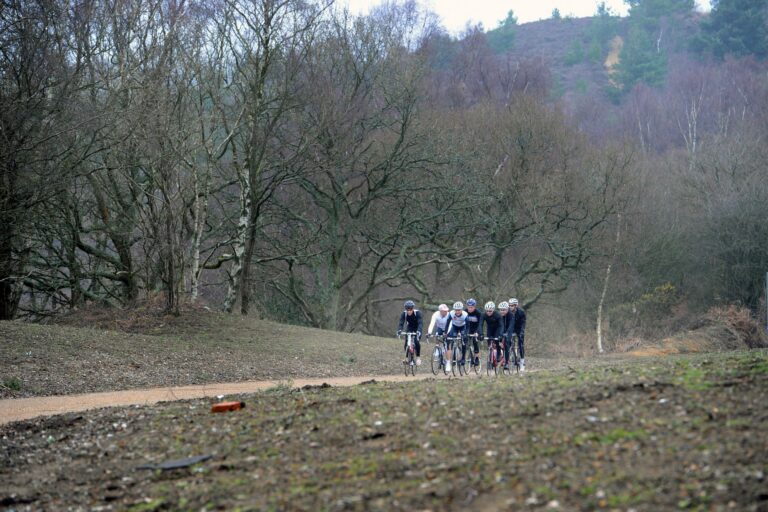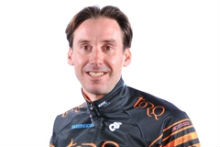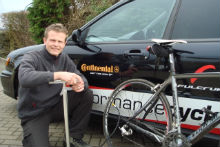
- Pic: La Fuga
In recent weeks we’ve been looking at the ‘Principles of Conditioning’, a set of rules that, when applied to your training, will result in adaptations that make you a better rider. This week we’ll look at the remaining two: Long Term Planning and Variation.
Principles of conditioning 8: Long Term Planning
This is fairly self-evident from its title and states that, without looking at the big picture, your training isn’t going to be very rewarding. Going out riding your bike every day with little consideration for what you are trying to achieve in the long term is simply that; ‘riding your bike’, not ‘training’. In order to actually improve as a rider, you need to consider the long-term plan and how those rides and supplementary training sessions fit together to make up a training programme.
The simplest way to ensure you have a good long-term plan in place is to have some sort of goal at the end of a set period of time. This can be an event you want to compete in, such as the Etape du Tour or a local road race, or a performance benchmark of some kind, such as riding a 25 mile time trial in under an hour. The important thing is to have some kind of goal to work towards to ensure that your training isn’t totally random. Only when you’ve identified clearly what your goals actually are, can you figure out a realistic way of achieving them.
Think in the long term. If your target event is only a few weeks away, what comes after that? Where might training for that event leave you in terms of preparation and competency for future events? If you have a clear picture of where you would like to be not just in the short term but also the medium and long terms, your training will be far more productive. Long term planning allows you to see a clear picture of what you need to achieve in your daily, weekly and monthly training sessions and helps you structure your training to meet the demands of your event. Goal setting is a particularly important part of long term planning that we’ll look at very closely later in this series.
Principles of conditioning 9: Variation
Earlier in this series we looked at specificity and how important it is to target your training to the demands of your particular event. There is however one potential pitfall when targeting your training very specifically that needs to be avoided and that is becoming ‘stale’ due to a lack of variety. As we’ve discussed the best way to see training adaptations is through a process of progressive overload, gradually increasing the training load by raising the volume, intensity or frequency of your training. The problem is that as long as your training load and recovery is correctly balanced, your body and mind become very adept at handling the things you ask them to do and you reach a state of diminishing returns. Over time you get less and less improvements from your usual training routine.
You can see evidence of this in riders who complete the same training programme year after year and reach the same level of performance, or training ‘plateau.’ They’re very keen and raring to go at the start of the season but experience a lack of motivation due to staleness as the summer progresses and you often don’t see them competing later in the year. Variation can help overcome this and its simply a case of adding something different into the training programme to stir things up a little.
While it’s pretty self-evident that taking up archery or pole vaulting wouldn’t do a whole lot to improve your time trial performance, there are many ways you can do things a little differently, avoid staleness and still meet the specific demands of your events. Often it’s as simple as changing your usual training routes and instead of riding from home on your regular roads, drive or take a train to completely different areas. Simple changes in duration and intensity are often all that’s required to inject a feeing of freshness into your training sessions – so think about how you can re-align your training week to shake things up a little.
Another useful method is to change disciplines – if you’re riding long hours at a fairly modest pace in trying to improve your aerobic endurance the hours can seem quite monotonous, so try doing some of the rides off-road on a mountain bike, you’re still working on the specific requirements of aerobic fitness but with an entirely different riding experience that will come as a breath of fresh air.
If a season of criterium racing is your thing, how about mixing things up with a few sessions on the track? A completely different experience to training on the road that will nonetheless do wonders to improve your leg speed, which is a very important aspect of criterium racing.
Cross training is a very well accepted method of breaking from traditional training methods so consider how you can use other sports to enhance your performance by introducing variation.
In conclusion
So that concludes our look at the principles of conditioning. Hopefully you can see how applying them as widely as possible to all aspects of your training will greatly accelerate your improvement, remove a lot of the guess-work and give you a theoretical road-map for where you want to get to. The bottom line is simply that in applying these principles your training for results rather than just riding your bike.
Next week we’ll start looking at some more specific training sessions. We’ll begin with a look at power and, specifically, how you can improve it even if you haven’t got an expensive device to measure it fitted to your bike.
About the author:
Huw Williams is a British Cycling Level 3 road and time trial coach. He has raced on and off road all over the world and completed all the major European sportives. He has written training and fitness articles for a wide number of UK and international cycling publications and websites and as head of La Fuga Performance, coaches a number of riders from enthusiastic novices to national standard racers.
Contact: [email protected]






